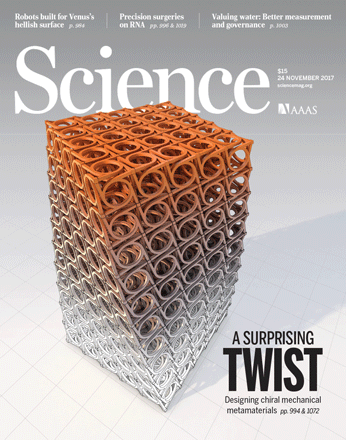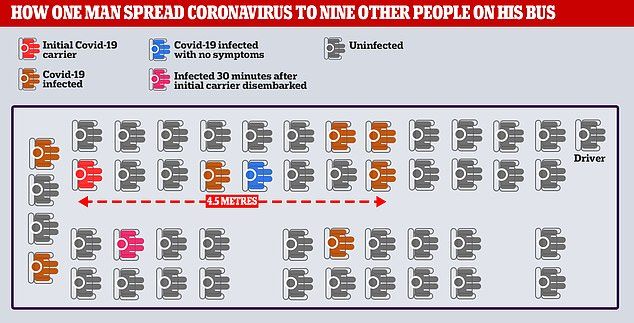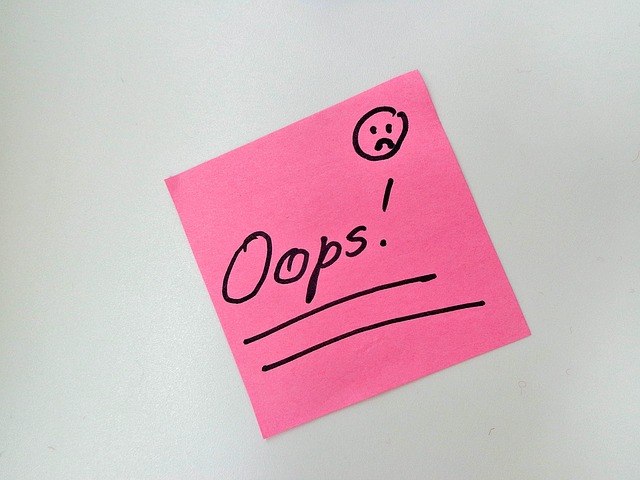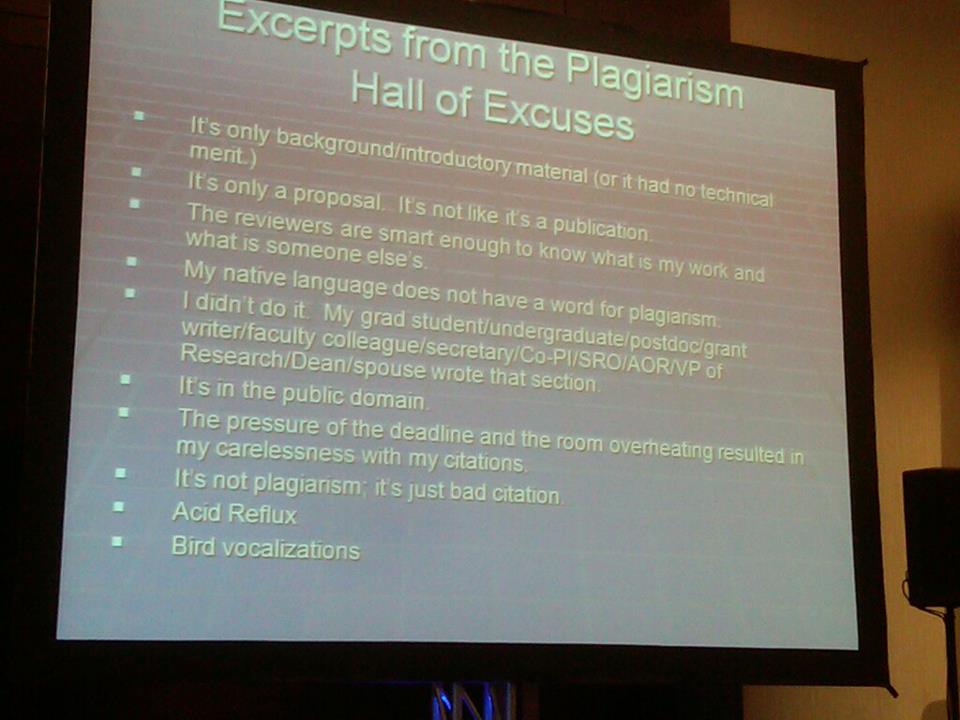
Sometimes scientific findings can be too hot to handle. Literally.
A team of researchers in India and Japan who reported breakthrough results in two papers about electromagnetics, including an article in Science, are retracting the articles because the exciting data resulted from experimental error. To be precise: unbeknownst to them, inadvertent heating of their samples had contaminated their data.
The first author of both articles is Chanchal Sow, of the Indian Institute of Technology in Kanpur. The last author on both is Yoshiteru Maeno, a professor of physics at Kyoto University.
Here’s the notice:
Continue reading Too hot to handle: Authors retract Science paper on electromagnetics





